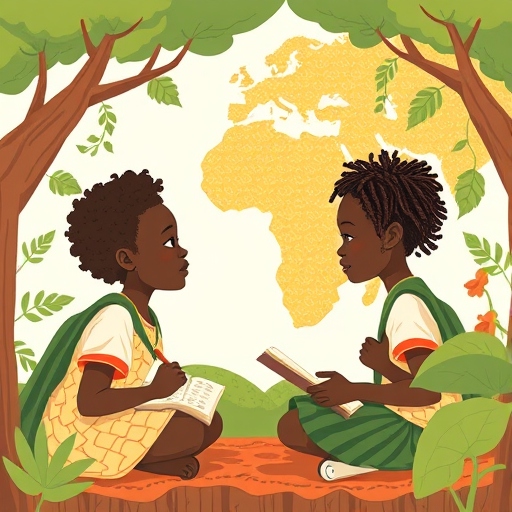Education

Education is a basic human right of every child and a vital aspect of our work. The gap widens as these children become older, with only 22 per cent of refugee/IDPs adolescents attending secondary school compared to a global average of 84 per cent. At the higher education level, less than one per cent of refugees attend university, compared to 34 per cent at global level.
Access to education for this marginalized group is limited. More than half, 3.7 million, have no school to go to. Some 1.75 million refugee children are not in primary school and 1.95 million refugee adolescents are not in secondary school.
Without the chance to study, an entire generation is at risk. In times of displacement, education is crucial. It can foster social cohesion, provide access to life-saving information, address psychosocial needs, and offer a stable and safe environment for those who need it most. It also helps people to rebuild their communities and pursue productive, meaningful lives.
We partner with governments and international organizations to ensure quality and protective education for refugee children and young people everywhere, in line with Global Sustainable Development Goal.
Our Goal
- Help Students struggling with low-incomes or poverty face daily barriers to school success. These barriers include - food insecurity, lack of transportation, unsafe housing and unmet health needs.
- Children read, write and use numeracy skills.
- Children make good judgements, can protect themselves, manage their emotions and communicate ideas.
- Adolescents are ready for economic opportunity.
- Children can access and complete education.
- Teachers know how to make learning effective and fun.
- Parents are equipped to help their children learn in the home.
- Community volunteers are trained to host after-school activities.
- Whole communities get the opportunity to create learning materials for children that reflect their traditions, values and language.
Together, with your help, they can rebuild a shatter community.

